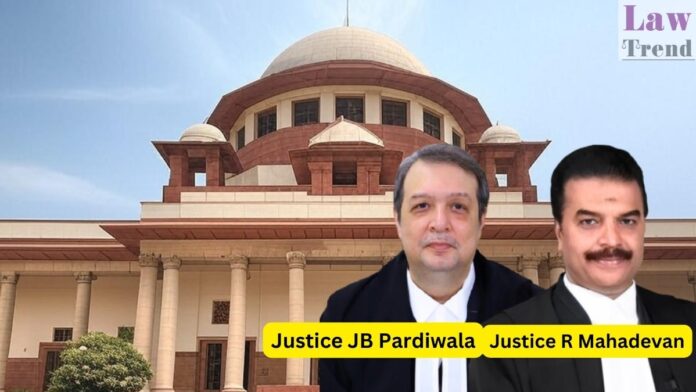In a landmark ruling, the Supreme Court of India in The Cosmos Co-operative Bank Ltd. v. Central Bank of India & Ors. (Civil Appeal No. 1565 of 2025) has held that a mortgage created through the deposit of an unregistered agreement of sale cannot take precedence over a mortgage created through the deposit of valid
To Read More Please Subscribe to VIP Membership for Unlimited Access to All the Articles, Download Available Copies of Judgments/Order, Acess to Central/State Bare Acts, Advertisement Free Content, Access to More than 4000 Legal Drafts( Readymade Editable Formats of Suits, Petitions, Writs, Legal Notices, Divorce Petitions, 138 Notices, Bail Applications etc.) in Hindi and English.




